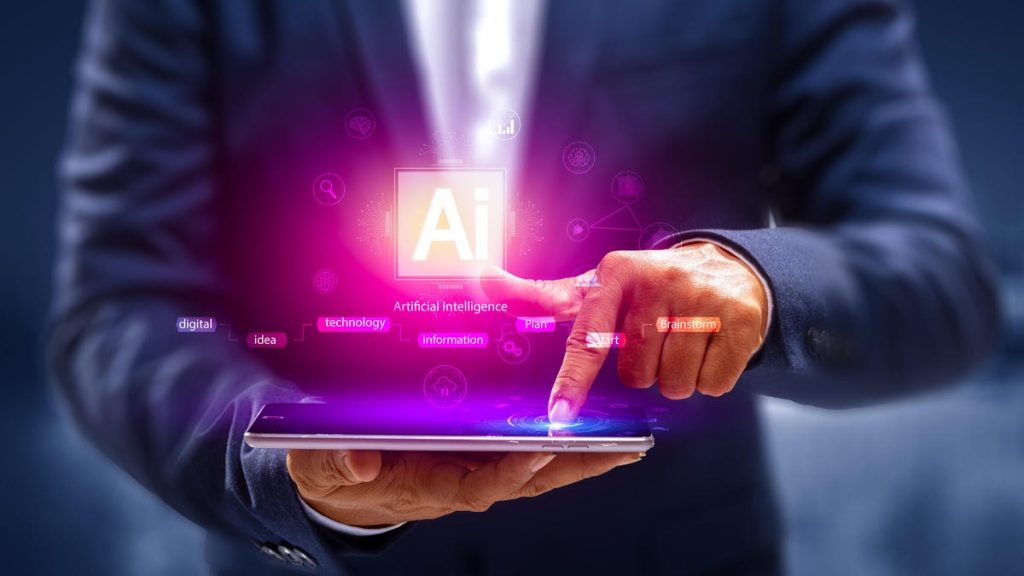Artificial intelligence chatbots, particularly OpenAI’s ChatGPT, have gained significant popularity in the tech industry, with ChatGPT reaching 100 million users in just two months. The demand for a business-focused version of ChatGPT, known as ChatGPT Enterprise, has also seen tremendous growth, with 600,000 users signing up for the specialized subscription service. OpenAI believes that 2024 will be the year of adoption for AI in the enterprise, as more companies start incorporating AI technologies into their workflow.
OpenAI’s success in expanding adoption of ChatGPT for business suggests that AI technology will soon become a common feature in workplaces around the world. Teams in over 80% of Fortune 500 companies have already adopted ChatGPT, with users finding it to be a valuable tool for research and discovery when used in conjunction with other resources. However, questions need to be carefully worded to maximize the effectiveness of ChatGPT, according to CNET’s review of the technology.
Despite the growing concerns about the societal impact of AI, many companies, including Microsoft, Google, and Meta, are integrating AI tools into their products and services. Microsoft has added AI features to its Bing search engine and Office suite, while Google has incorporated AI chatbot technology into its product line. Meta has also introduced chatbots with unique interests and personalities, along with other AI-powered tools. Apple is reportedly planning to announce AI enhancements for the iPhone during its Worldwide Developers Conference, further indicating the widespread adoption of AI technologies.
In addition to the business version of its technology, OpenAI has introduced next-generation AI tools such as Sora and Voice Engine. Sora is capable of turning words into ultra-realistic videos, while Voice Engine can convincingly recreate a person’s voice from just a 15-second recording. These advancements showcase the ongoing development and innovation in the AI industry, with AI technologies being utilized in various sectors and applications.
OpenAI has faced challenges as well, including a lawsuit filed by The New York Times alleging the unauthorized use of copyrighted works to create ChatGPT. As AI technologies continue to evolve and become more integrated into daily life, ethical considerations and intellectual property rights will be important factors to consider. Despite the concerns, the rapid growth and adoption of AI chatbots and other AI technologies indicate a shift towards increased reliance on AI tools in various aspects of society.
Overall, the emergence and expansion of AI chatbots and other AI technologies demonstrate the potential for AI to enhance productivity, efficiency, and creativity in various industries. As companies continue to integrate AI tools into their workflow, the impact of AI on the workforce and society as a whole will become more pronounced. By leveraging AI technologies as “superhero sidekicks,” businesses and individuals can harness the power of AI to augment their capabilities and achieve greater outcomes in a rapidly evolving technological landscape.


